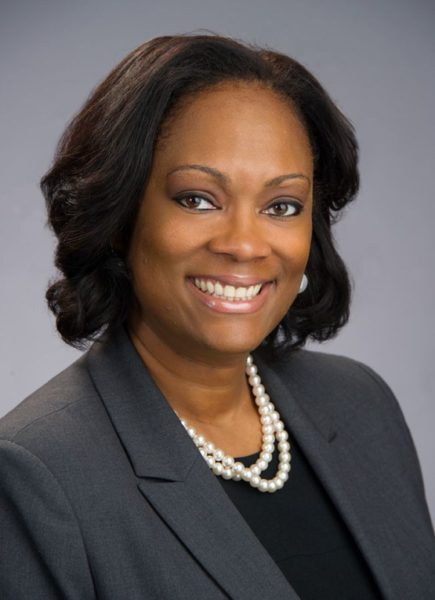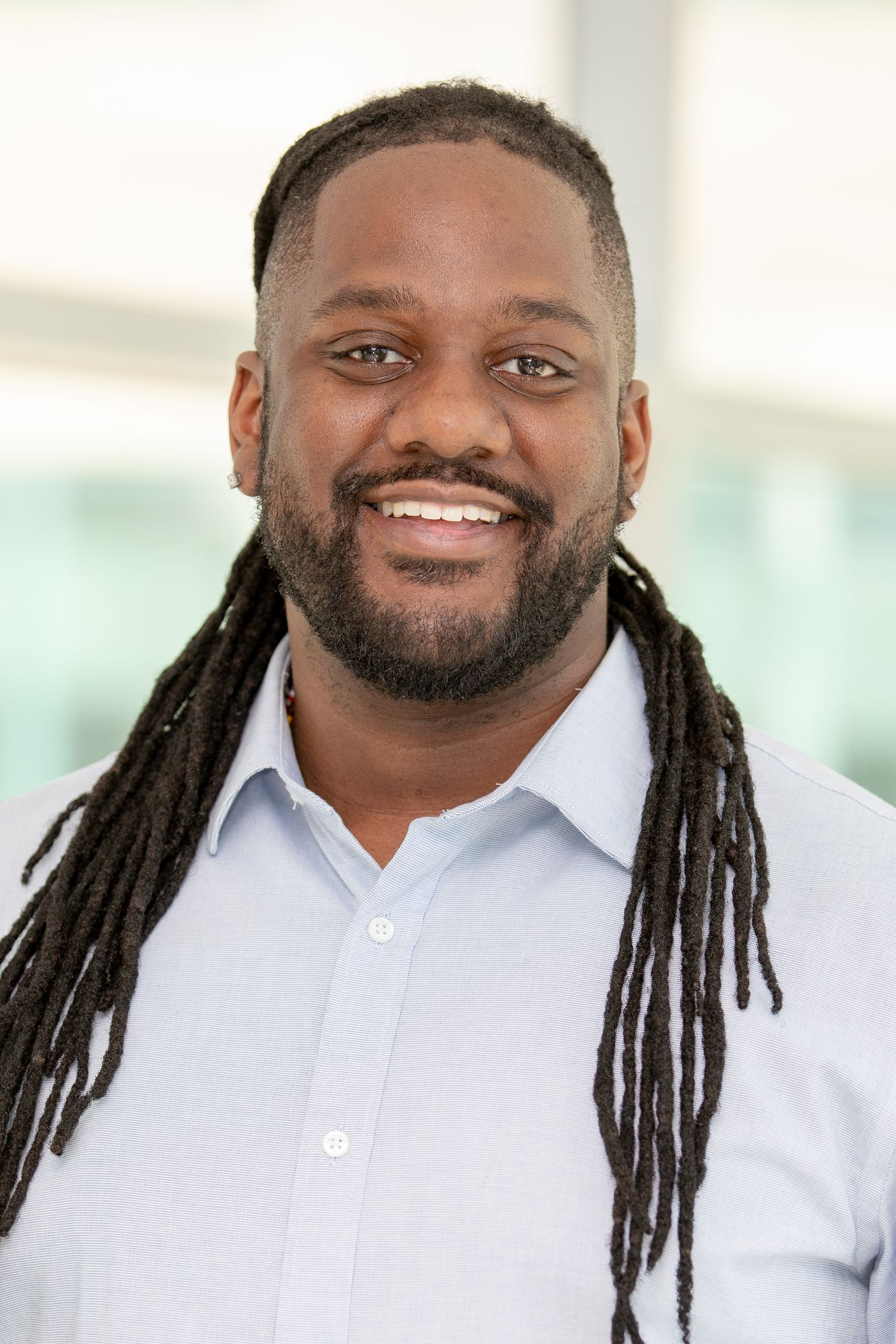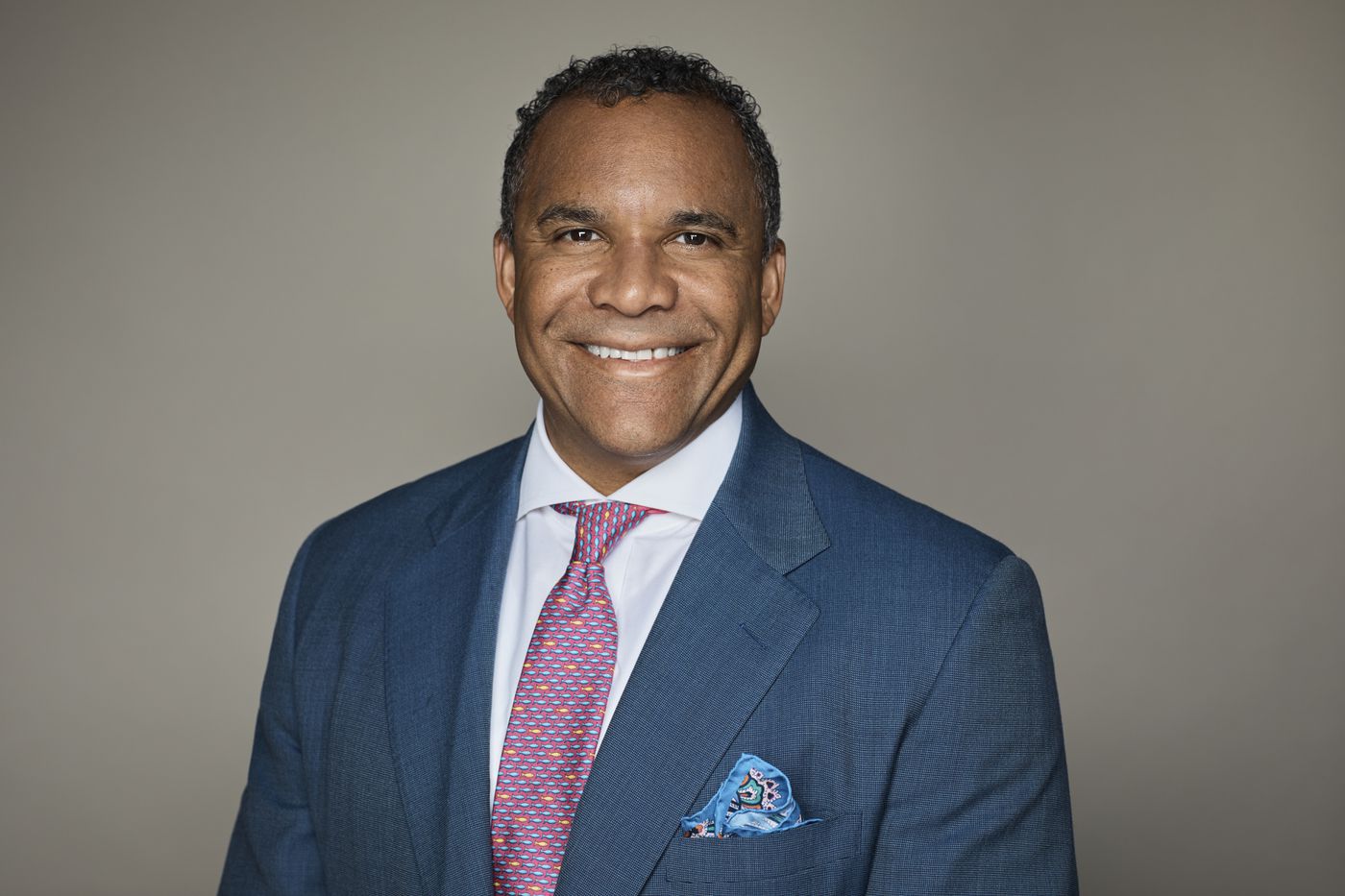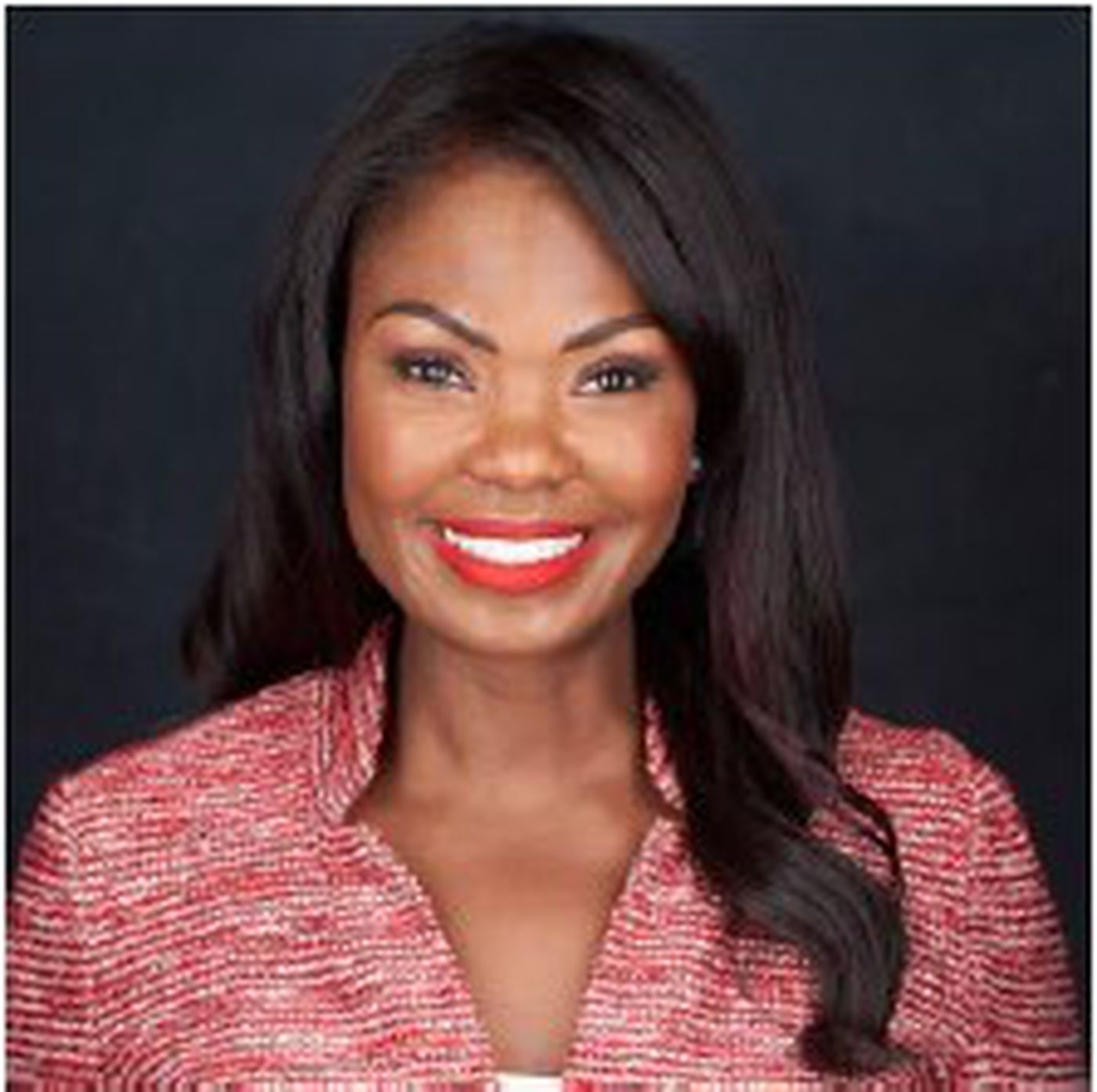
Bad health outcomes are a major concern for America’s poorest large city, where life expectancy has trended downward since 2015. And health risks do not affect all communities equally. Philadelphia’s latest Health of the City report shows that for nearly every measured aspect of health — including obesity, hypertension, incidences of cancer, childhood asthma, and death before age 75 — rates are worse for black Philadelphians than for every other racial group, as the Philadelphia Tribune reported.
But black leaders across Philadelphia see paths toward solutions. Some will be highlighted at the Mann Center for the Performing Arts’ eighth Black History Month event, Voices of Hope, on Feb. 20 — as part of the Mann’s efforts to host conversations on key issues for its West Parkside neighborhood and other communities across the city.
To understand the factors that have contributed to poor health outcomes for black Philadelphians, and how to move forward, The Inquirer asked the Voices of Hope honorees and keynote speaker: What obstacles have impeded wellness in the Philadelphia region’s black communities? What should wellness look like for these communities in the future?
Wellness in our communities continues to be impacted by awareness and access. Simply put, the things we don’t know and the doctors we can’t get to. Major changes occur in the health-care system that we are not aware of and sometimes don’t understand because of the lack of downstream communication into our neighborhoods. When several hospitals shut down in my city, for example: How will that affect me and my family?
Additionally, geographic location can play a significant role in the accessibility of primary care for children. We are disproportionately exposed to harmful social determinants of health — like a lack of resources — in disadvantaged neighborhoods, which leads to the negative effects associated with these environments. Unfortunately, this results in higher medical bills from using emergency departments and less favorable health outcomes if routine pediatric checkups are not maintained.
To change the health trajectory for children in Philadelphia’s communities, we have to advocate for access to regular and accessible pediatric care. Children should have routine, accessible primary care and parents should have robust support and education about what this means. This is a large task, but we can start with social support systems and community engagement from local health-care systems.
—Michelle Shorter, director of community engagement, Nemours Children’s Health System
For black communities in the Philadelphia region and the country at large, our humanity has been in question since the moment the conquest of Africa, and Africans, became a dominant goal for colonial powers. From that vantage point, centuries of policy, cultural practices, and economic activities have prioritized the well-being and posterity of a white majority. Redlining, the GI Bill, the Tuskegee Experiment, lynching and other forms of racist violence, differences in life expectancy by zip code, enormous wealth gaps — all of these issues have their roots in a denial of the humanity of black people.
Wellness for these communities — for our communities — will require full recognition from every level of power, both public and private, that black humanity is an irrefutable contributor to what has become known as “American” identity, and deserves to be honored as such. Second, if we are to create “wellness,” we must first recognize that “wellness” demands the proper resources, activities, and financial backing. Wellness will not just happen because people will it into existence.
We can therefore think of concepts like “neighborhood wellness” as an outcome that requires what developmental science calls a “biopsychosocial-spiritual” framework that considers physical, psychological, social, and spiritual health altogether.
It is my hope that in the 21st century, we as a region will begin to challenge our policy frameworks as they relate to the posterity of black families and communities. Thriving is a human right, as is the experience of joy. I maintain hope that we will collectively work to achieve these rights for black people, as well as indigenous Americans, migrants, undocumented children, and all other humans in this region.
—Michael O’Bryan, youth arts program manager, Village of Arts & Humanities
In my opinion, the obstacles that have impeded wellness in the Philadelphia region’s black community are lack of knowledge about being and staying healthy, limited access to healthy foods, traditional cultural beliefs about eating, and lack of daily physical activity.
To improve wellness in our black community, we must improve access to healthy food and physical activity and increase access to information about building a healthy lifestyle. The more we know, the better we can maintain our health and stay out of the doctor’s office. We need to make sure that our city’s neighborhoods are not “food deserts,” while also helping people learn how to shop for and make great-tasting healthy meals.
We now know how health outcomes depend on factors like food security and good nutrition. We can incorporate better food choices and physical activity into our traditions and events that revolve around food.
We can also engage our religious and community leaders to serve as advocates for wellness, especially as new technologies give people the chance to communicate about health wherever they are. We can change attitudes about what we put in our bodies and how we care for ourselves. The more resources we put toward promoting wellness, the less we will need to address health conditions that could have been avoided.
—Terry Booker, vice president for corporate development and innovation, Independence Health Group
Many things have impeded wellness in black communities including the lack of available, accessible, and affordable health care — along with insufficient education about and solutions for social determinants of health such as hunger, housing, literacy, and employment. Social determinants collectively have the largest impact on health-care outcomes in black communities.
In the future, wellness means access to health care and a socioeconomic environment that allows all generations to get and stay healthy. To have early disease detection and prevention, safe, healthy and active lifestyles, and increased life expectancy.
—Dixieanne James, president & CEO, Einstein Healthcare Network


